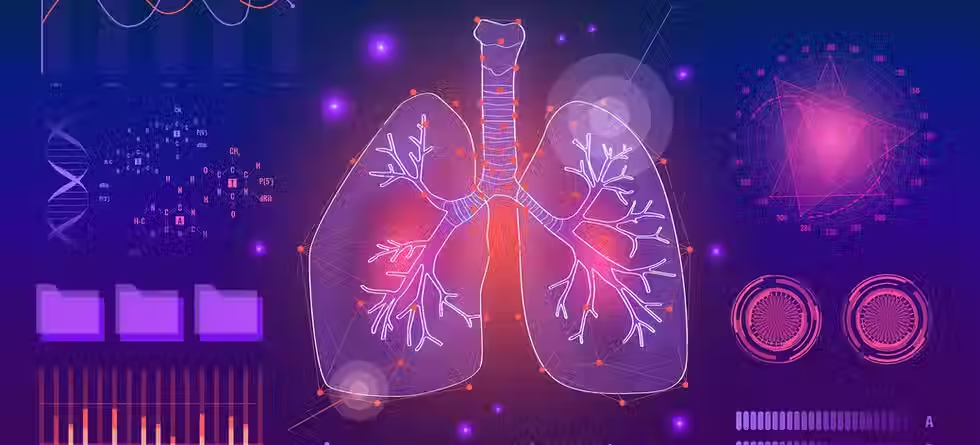

EXUS as Coordinator
A digital guardian angel enhancing cancer patient’s wellbeing and health status improvement following treatment
The burden of cancer is rising globally and is estimated to have reached 18.1 million new cases and 9.6 million cancer deaths in 2018. Despite the rising cancer incidence, improvements in early detection and therapeutic treatment have improved cancer survival. As a consequence, the number of cancer survivors is increasing globally, creating the need to improve not only treatment but also wellness and follow-up care.
01/2020 - 12/2022
Project duration
4,872,250 €
Overall Budget
SC1-DTH-01-2019
Topic
Impact
The most important Impact(s) of ONCORELIEF are:
• Improved quality of life, symptom management and satisfaction with care/ treatment procedures.
• Getting at the centre of the post-treatment ecosystem, towards the direction of improving not only health measurements but also his/her wellbeing and integration in the everyday environment (i.e. personal, social, employment, etc.).
• Better handling of secondary effects and complications like fatigue, cognitive limitations, pain and sexual dysfunction that are consistently present in cancer patients during and after treatment.
• Enhanced ability to reduce risk of new medical conditions and improve health status.
• Improved psychosocial status, leading to better adherence to treatment, faster adoption to a new way of living with cancer and smooth post-treatment return to everyday life and employment.
• Support for the required transformation of the patient’s living environment targeting at enhanced wellbeing, improvement of health status and balanced after-treatment progress.
• Personalised QoL-based care for alleviating symptoms associated with cancer and its treatment
EXUS SOFTWARE LTD (UK)
MAGGIOLI (Italy)
CARE ACROSS (UK)
CERTH (Greece)
Partners
SUITE5 (Cyprus)
FRAUNHOFER (Germany)
UNIVERSITY OF MAINZ (Germany)
MCS DATALABS (Germany)
FCIENCIAS.ID (Portugal)
TIME.LEX (Belgium)
UNIVERSITY OF BOLOGNA (Italy)
IRST (Italy)


























